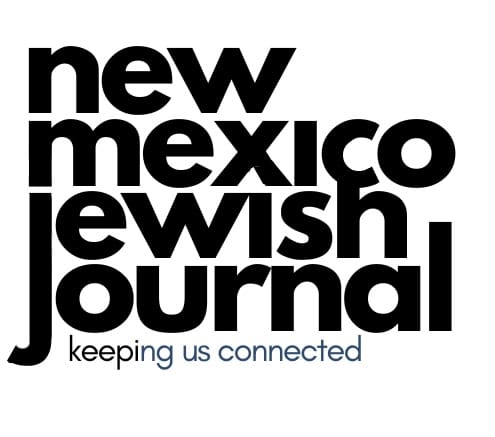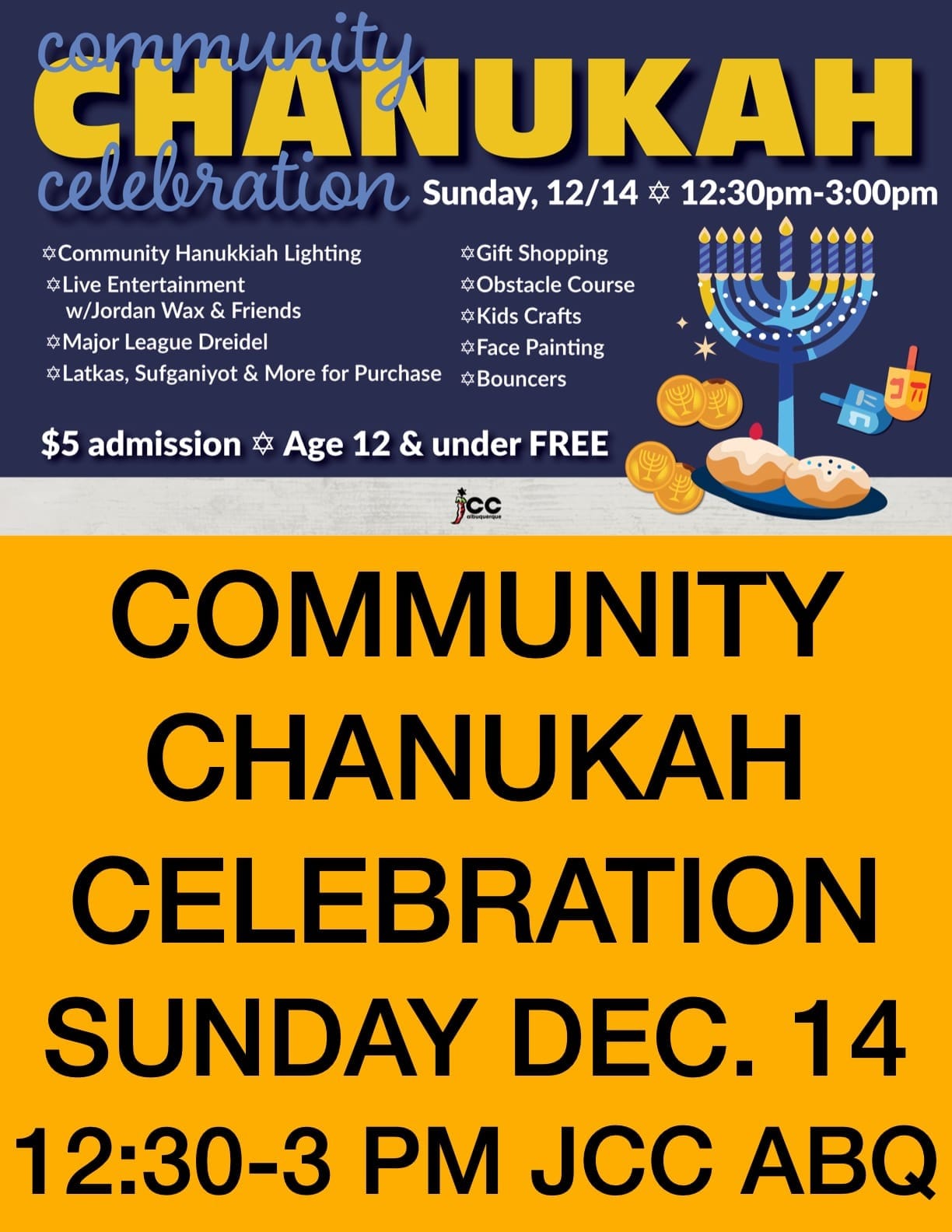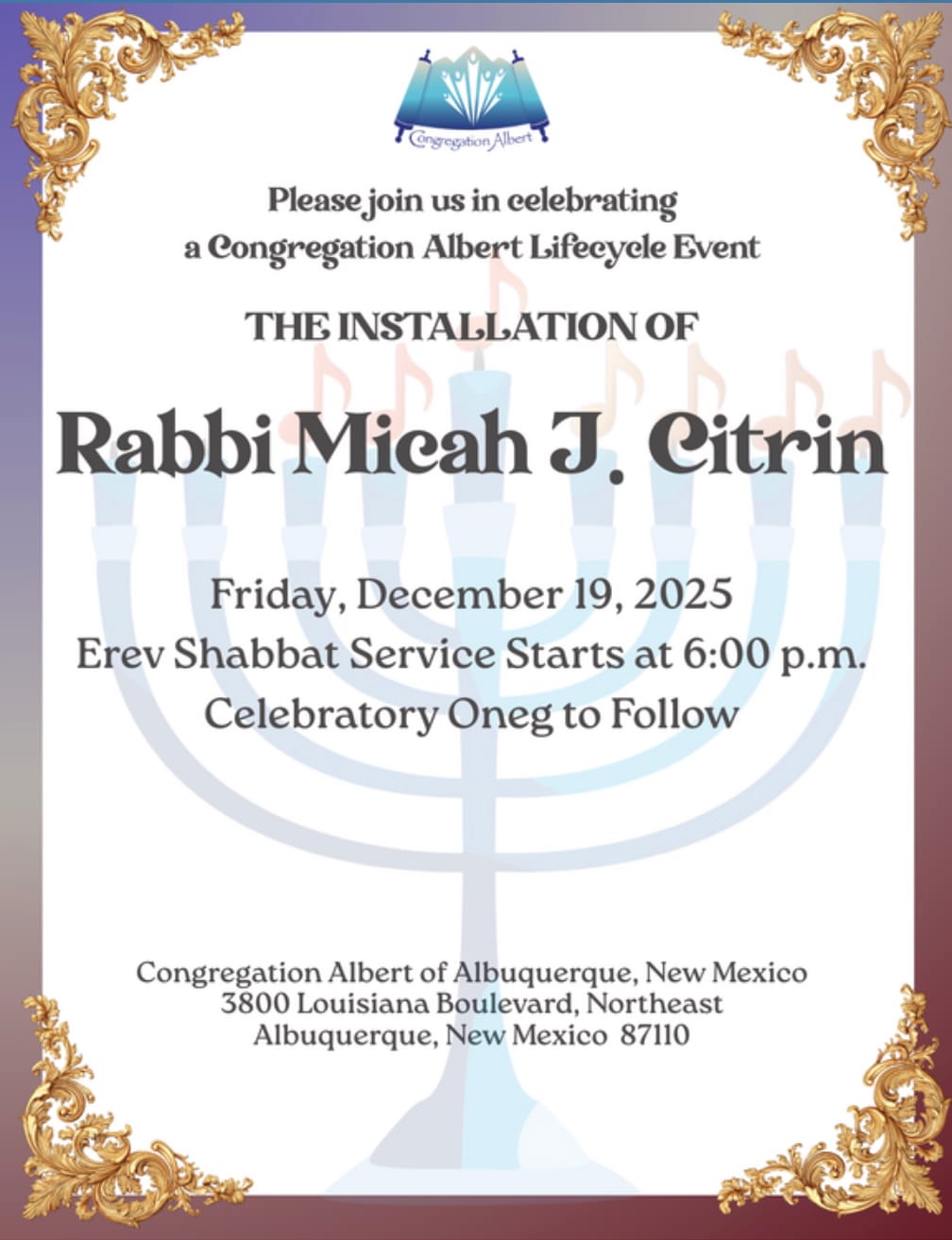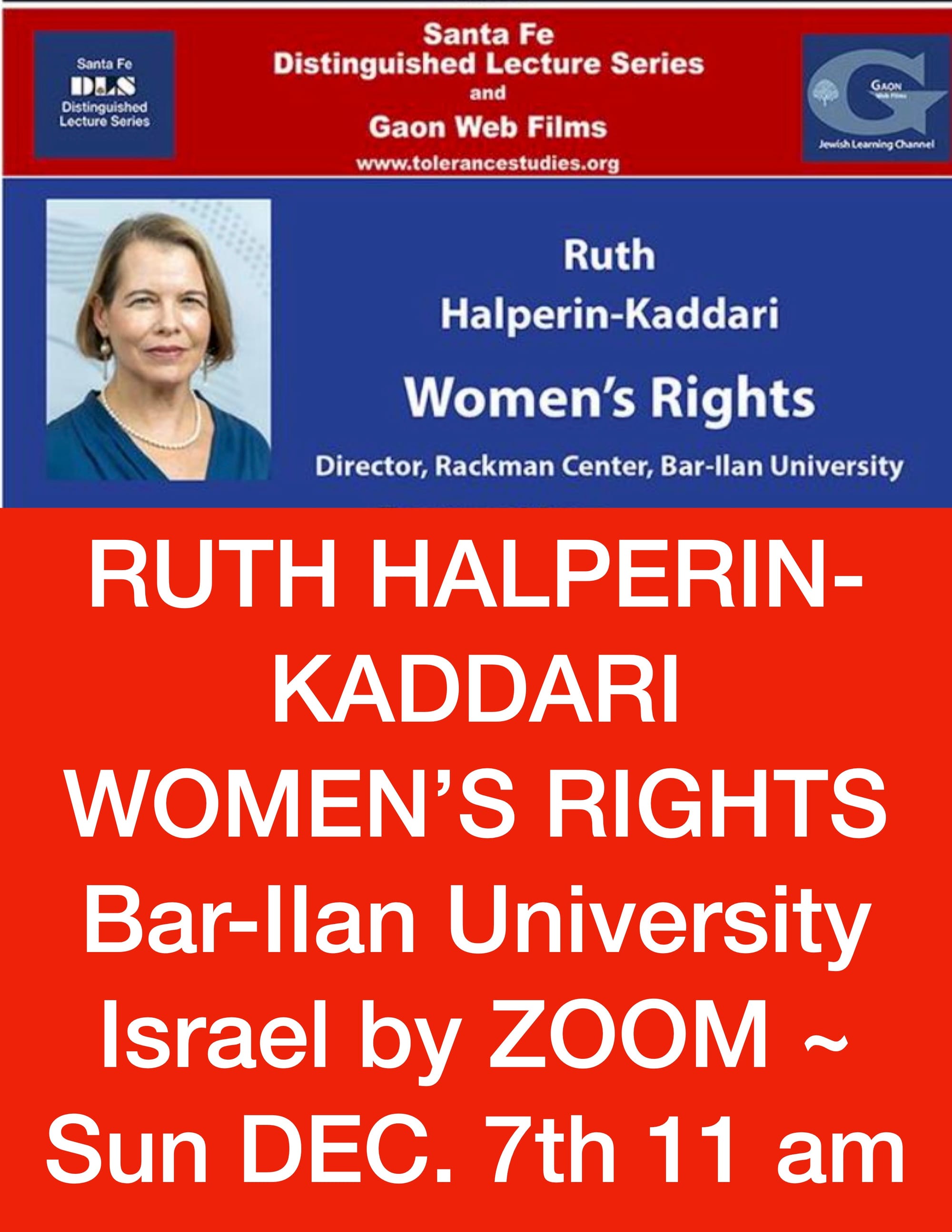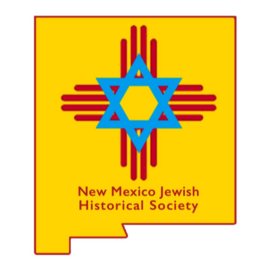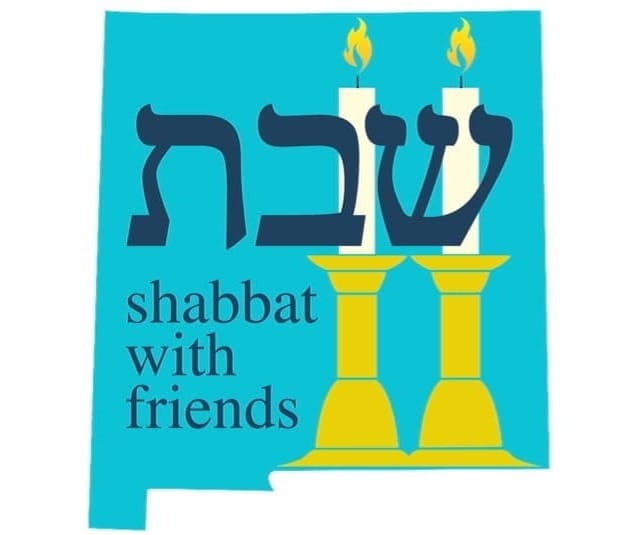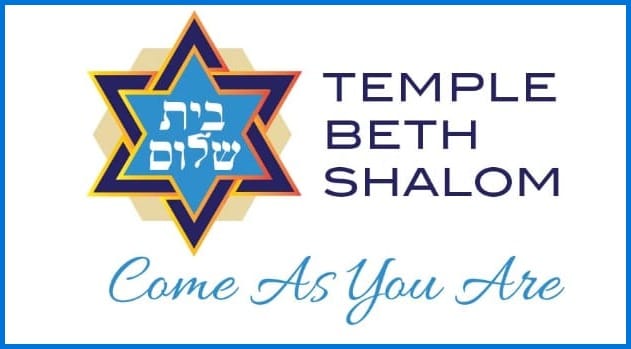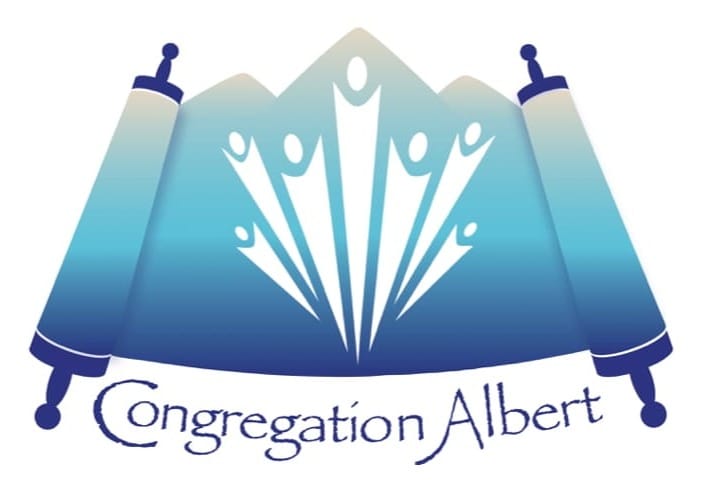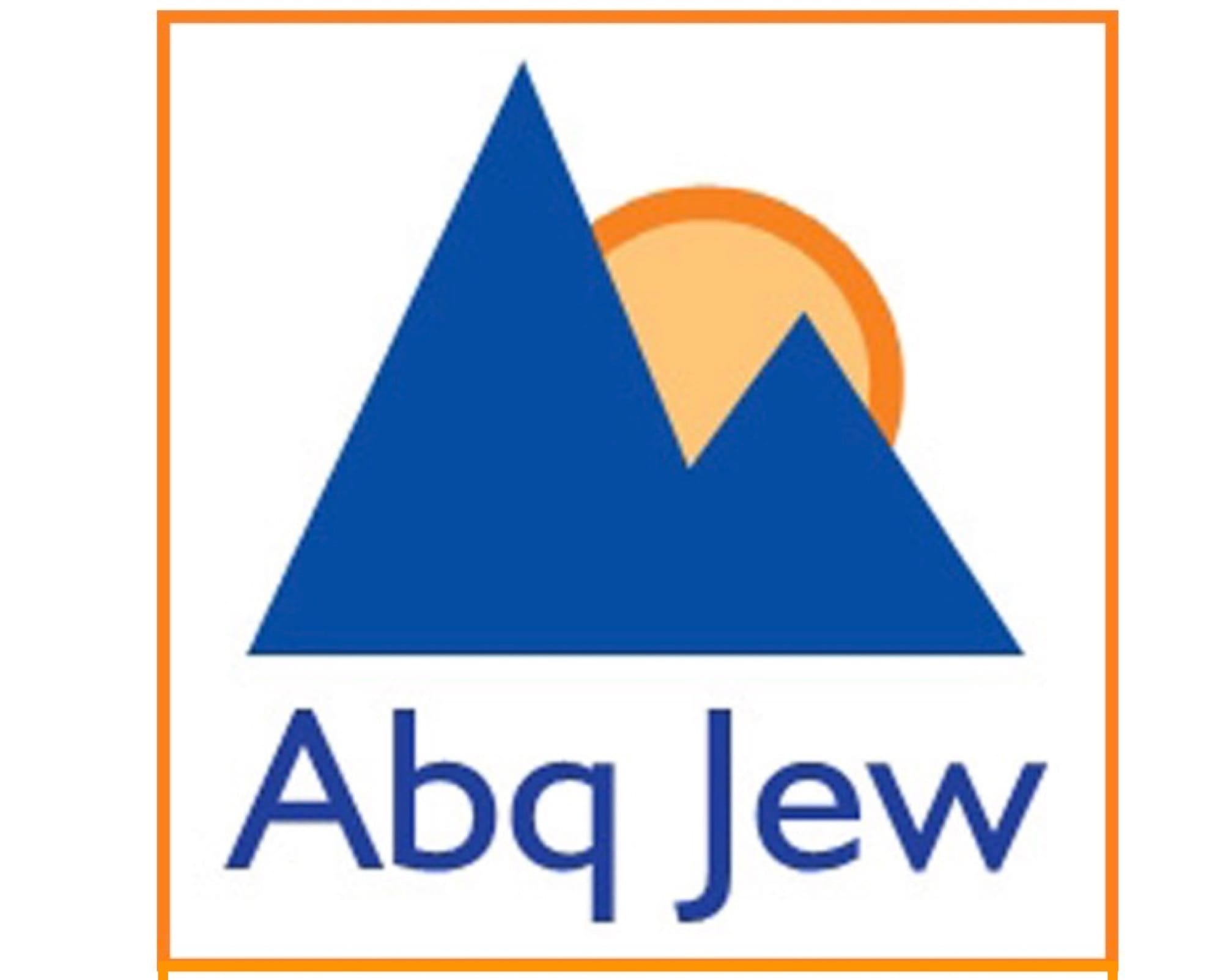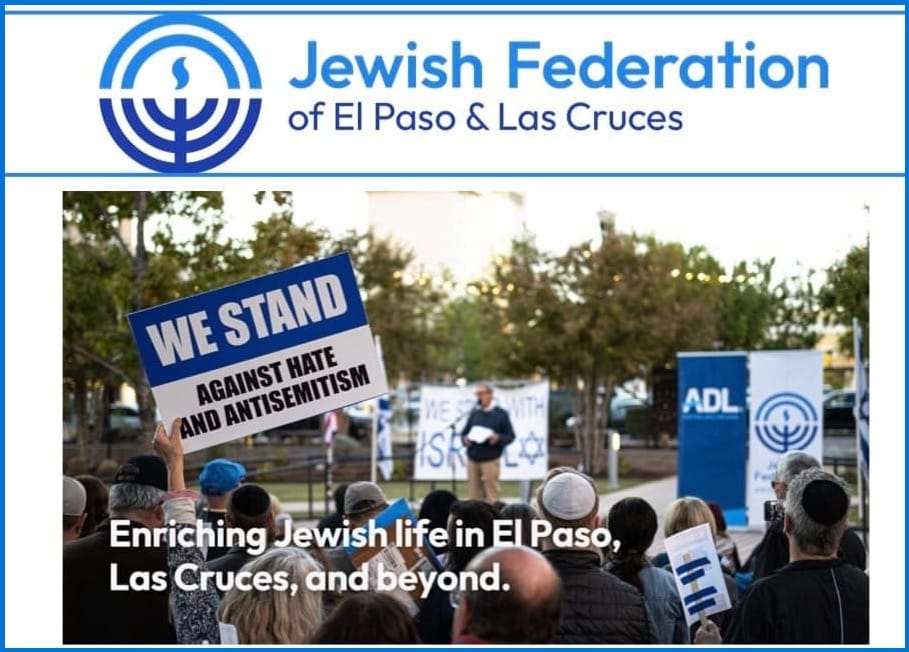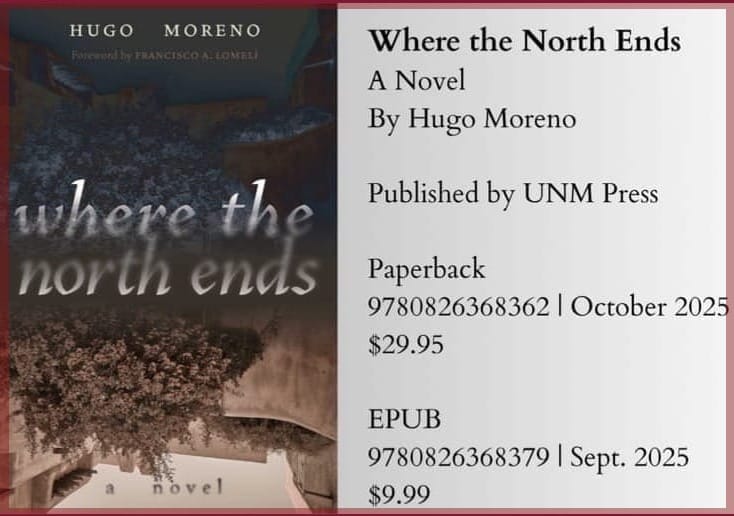The Binding ("Akeidah") of Isaac – A Metaphor
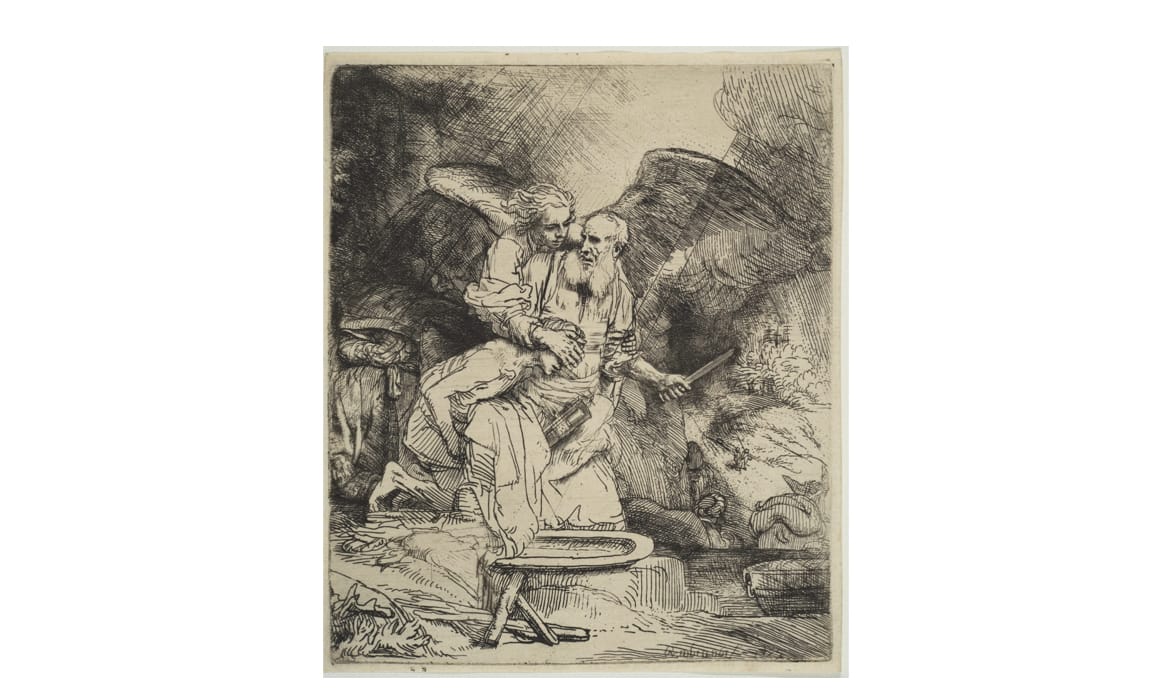
By Shlomo Karni
We present an explanation of this biblical story as a metaphor for a unique experience that Abraham had undergone.
This well-known story is found in the Torah, Genesis, Ch. 22 *. Briefly, "Some time afterward, G-d put Abraham to the test....", ordering him to sacrifice his son Isaac as a burnt offering. Abraham proceeds to fulfill this command. In the very last minute, an angel of G-d stops him from slaughtering Isaac.
Over the years, this emotion-fraught, blunt and cruel story has had numerous explanations, from being a warning against human sacrifice, to being just a bad dream. Before we present our explanation, two preliminary observations are in order:
A. The Hebrew words for "test" ("nissah") and "experience" ("nissayon") come from the same root letters, N-S-H.
B. The human mind, senses, and vocabulary are, by nature, limited: We simply cannot think, nor speak, of what we cannot think or speak of.(True, come to think of it, eh?) To overcome this limitation, several of mental, written and verbal tools have been used. Our Talmudic sages described it very simply, yet brilliantly, "The Torah speaks in the language of [ordinary] people."
Among these tools is the metaphor. A metaphor is a description of something by something else, but is not literally applicable. For example, the compliment "Jane, you are a peach!" uses the sweetness of a peach to describe Jane as a sweet, lovable person; clearly, she is not literally a peach. Or, "the stolen bracelet was the elephant in the room" means, metaphorically, that everyone in the room knew about the theft, as they would know about an elephant there, but preferred not to mention it; literally, there was no elephant in that room.
Let us, then, re-read the first sentence of our story as follows, "Some time afterward, God put Abraham through an experience...", telling him etc. What was this experience? The Torah uses a metaphor to describe to us, the ordinary people, that, in a different reality, Abraham experienced a most sublime, out-of-this world, spiritual enrichment of faith of the highest level. (A similar experience, perhaps, was Moses' when he was on Mt. Sinai to receive the Ten Commandments; or, Job's fending off Satan's assaults.)
That is all that we are able to understand. As we continue to read the metaphor, we get just an inkling of Abraham's feelings, as he goes through this experience. With rising anxiety and a fast-pounding heart, we read how Abraham, "early in the morning ... saddled his ass and took with him two servants and his son Isaac. He split the fire wood, and [they] set out for the place of which God had told him."
On their way, Isaac – suspecting something – asked his father, "Here is the fire stone and the wood, but where is the sheep for the burnt offering? Abraham said, 'God will see to the sheep for his burnt offering, my son' ". With mounting suspense, "Abraham built the altar; he laid out the firewood; he bound his son Isaac; he laid him on the altar, on top of the wood. Abraham picked up the knife to slay his son." Then an angel of God called to him... and said, 'do not raise your hand against the boy, nor do anything to him'. ...". Instead, Abraham sacrificed a ram, conveniently "caught in the thicket by his horns".
Abraham's experience was a total success, as confirmed by the angel, "Now I know that you fear God..."
The metaphor ends -- and, remember: as a metaphor, it literally never happened. Back from that different reality, Abraham returns down to earth, to the reality of this world, enriched immensely by his experience, and goes to "dwell in Beer Sheba." Period. End of Chapter 22.
Significantly, Isaac is not mentioned at all in the end of this chapter – and for a very good reason: He was just part of the metaphor which, literally, never happened. Abraham went through his divine experience just by himself.
P.S.: The frequent and most common metaphor in the entire Bible is the description of God with human attributes, "God said...", "God saw...", "God was angry...", "by [God's] mighty hand and outstretched arm...". Literally, God is not human (just as Jane is not a peach).
_____________________________________________
* All the quotations are from 'The Torah'. Philadelphia: The Jewish Publication Society of America, 1962.
Return to HOME or Table of Contents
Community Supporters of the NM Jewish Journal include:
Jewish Community Foundation of New Mexico
Congregation Albert
Jewish Community Center of Greater Albuquerque
The Institute for Tolerance Studies
Jewish Federation of El Paso and Las Cruces
Temple Beth Shalom
Congregation B'nai Israel
Shabbat with Friends: Recapturing Together the Joy of Shabbat
Single Event Announcement:
Save our Jewish Cemetery
New Mexico Jewish Historical Society
Policy Statement Acceptance of advertisements does not constitute an endorsement of the advertisers’ products, services or opinions. Likewise, while an advertiser or community supporter's ad may indicate their support for the publication's mission, that does not constitute their endorsement of the publication's content.
Copyright © 2024-2025 New Mexico Jewish Journal LLC. All rights reserved.
